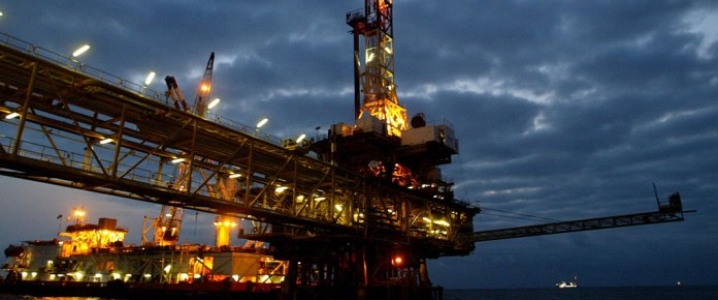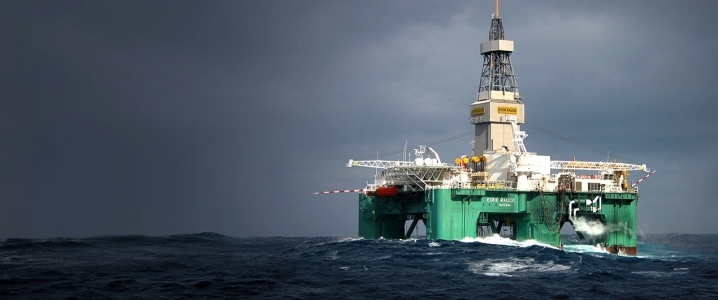It’s becoming painfully clear that the way forward for global oil markets is going to be bumpy, very bumpy, particularly as we head into next year. Much of this uncertainty, even blame, is being increasingly leveled at a person that has surprised, flabbergasted and even shocked political opponents, allies and adversaries alike since he took office – President Donald Trump.
A growing line of thought surmises that while Trump uses the presidential bully pulpit, in this case Twitter, to put pressure on long-time ally and de facto OPEC leader Saudi Arabia to get ready to pump more oil to keep (both oil and gas) prices from spiraling out of control, much of the blame for higher prices actually belong to Trump.
The argument makes perfect sense. If Trump would ease back on both his heated rhetoric toward Iran, though that case could be made over much of Trump’s dealings with China, the EU, Canada and others, and if Trump would revisit his decision on re-imposing sanctions on Iran, then oil markets would benefit. Why? A softer line on Iran would reduce the worry or even fear that a loss of some 2.7 million barrels per day (bpd) of Iranian crude would roil oil markets so much that the Saudis would have to pump an unprecedented amount of oil, perhaps as much as 12.5 million bpd, eating up all of its spare capacity.
The Saudi’s have never pumped more than around 10.7 million bpd of oil, a level reached in June, and has for more than 50 years kept at least 1.5-2 million bpd of spare capacity for oil market management.
…click on the above link to read the rest of the article…















